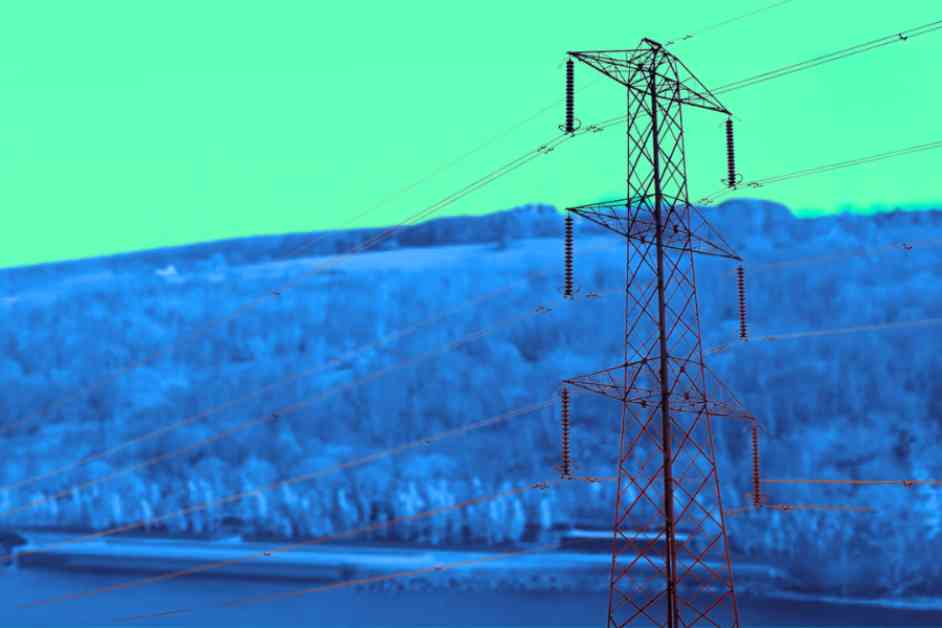Scotland is leading the way in a new energy storage revolution, with a focus on hydropower. However, some communities have expressed concerns about the potential costs associated with achieving net zero progress.
One particular area of concern is the size and scale of the £1 billion hydro plants, which have raised eyebrows. Additionally, there are safety worries surrounding other forms of energy storage, such as lithium battery parks. The issue of ethical material sourcing, particularly lithium, has also been brought to light by organizations like Friends of the Earth Scotland.
Despite these concerns, advocates for the new technologies maintain that they are safe. In cases where communities have expressed worries, efforts have been made to address these issues.
For example, campaigners opposed a proposed lithium battery park by Apatura in Cochno Road, near Clydebank, citing fire risks associated with lithium-ion batteries. Apatura responded by explaining that each battery container would be equipped with a fire detection and suppression system and continuously monitored for faults.
The UK Government has recognized the importance of energy storage by announcing plans to underwrite the risk of long-duration energy storage sites like hydro facilities.
Mark Wilson, the CEO of Intelligent Land Investments, is at the forefront of the hydro revolution in Scotland. He emphasized the need for approximately 60 gigawatts of energy storage to achieve net zero. Wilson highlighted a combination of storage technologies, including pumped storage, lithium batteries, green hydrogen, compressed air, and flow batteries, as key components of the energy revolution.
While there has been some backlash against battery storage projects, Wilson reassured the public that safety measures are in place to mitigate any potential hazards. He stressed that embracing these technologies is crucial for reaching net zero targets and reducing energy costs.
Communication and community engagement are essential aspects of these energy projects. ILI, which sold the plans for Loch na Cathrach to Statkraft, emphasizes the importance of addressing community concerns and involving local residents in the process. By working closely with communities and listening to their feedback, energy companies can ensure that projects benefit the local economy and residents.
Statkraft Scotland’s head, Iain Robertson, echoed the sentiment of community engagement, emphasizing the company’s commitment to being a good neighbor. By fostering open dialogue with community representatives and stakeholders, energy companies can build trust and ensure that their investments have a positive impact on the local economy.
Overall, as Scotland continues to develop its energy powerhouses, it is crucial for stakeholders to address concerns, prioritize safety, and engage with communities to ensure a successful and sustainable energy transition.
































